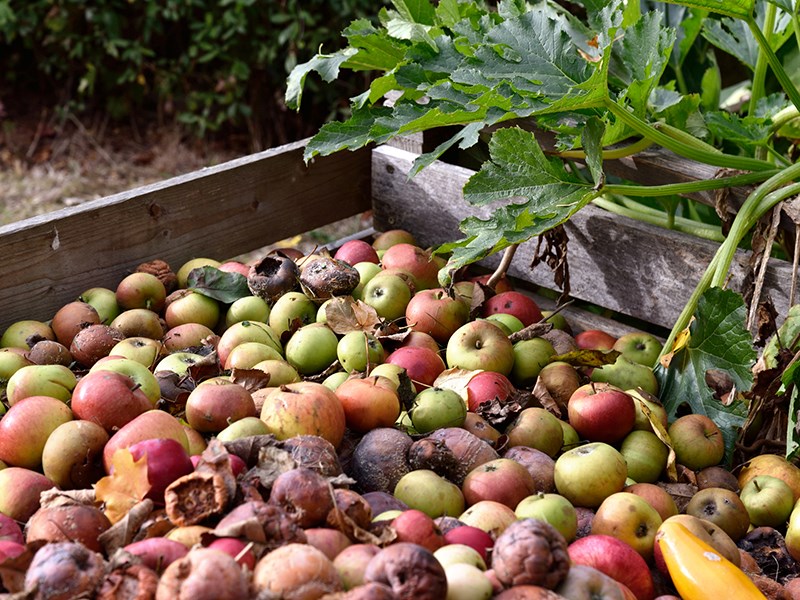The Aborigines of Australia have no word for trash. Neither do the Ojibwe of North America. Tagalog, a native tongue of the Philippines, had to borrow the Spanish term for garbage because they had no such concept themselves.
A quick survey of indigenous languages around the globe reveals this same fact: garbage, is a modern invention.
It used to be that we couldn’t ignore our interdependence with the natural world. We had to acknowledge we were part of the greater whole because we weren’t isolated from the soil that fed us, or the water that sustained life.
Consider the early Aboriginals’ way of life: after sharing in a meal of a bird caught earlier in the day, they would use the feathers for headbands. The entrails were dried and used for tanning hide or herbal medicines and any remaining parts were left for the dingoes and other wild animals to glean.
Impromptu musical concerts were held using instruments fashioned from termite-ridden tree limbs, hollowed out desert fruit and broken pieces of shale. Following this celebration of sound, the instruments were returned to the earth to decompose and seeds from the desert fruit were replanted for future passersby to enjoy. There was no such thing as waste.
Only in recent times have we begun to believe there is a magical place called “Away” to throw our trash to. Over 40 per cent of Powell River’s trash, which we currently barge, truck, then train down to a landfill in southern Washington, is compostable and could be transformed into a natural fertilizer for growing food. A further 20 per cent is recyclable paper, metal, glass and plastics. Instead of thinking of something as waste, perhaps it’s just something we’ve put in the wrong place.
As the natural world winks into another season and we stroll through the falling leaves, we can take a moment to observe the interconnectivity of all life. The natural world survives and even thrives on its mutual dependence. Mycelial roots of mushrooms form symbiosis with certain species of trees, nurse logs support the next generation of evergreens, and bears transport seeds in their scat.
More than ever, we are aware of our connection to each other, and how we rely on each other in ways perhaps only felt recently. Food supply chains, emergency services and waste management systems are among many aspects of the web of humanity now being appreciated in a deeper way. We are all a part of the big picture and what happens to a part of us affects the whole. This understanding can inspire us to take planet-loving habits to the next level.
Start composting. Challenge your family to wear only secondhand clothing this fall. Share the excess of food you grew. Glean apples and pears from still laden trees in your neighbourhood. Learn to fix something that is broken. Perhaps amidst all the changing realities we find ourselves in, we might revisit our species’ trashless past.
May we one day relegate the word “trash” to the archives of human history.
Let’s Talk Trash is qathet Regional District’s waste-reduction education program. For more information, email info@LetsTalkTrash.ca or go to LetsTalkTrash.ca.



